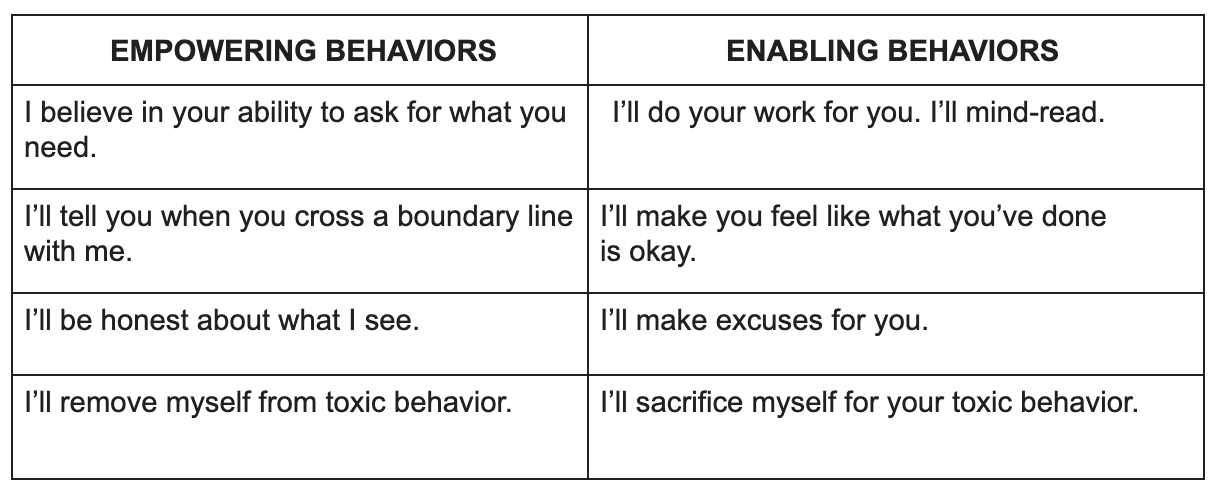“To describe my mother would be to write about a hurricane in its perfect power.”
— Maya Angelou
The Strength Behind the Smile
Motherhood is one of the most demanding and emotionally complex roles a person can undertake. Yet behind every packed lunch, late-night comfort, and milestone celebration lies a remarkable display of psychological strength, resilience, and love. As we honor mothers this Mother’s Day, let’s pause to recognize not just what they do—but who they are, and how we can help them care for themselves with the same compassion they give so freely to others.
Read More- Journaling
The Psychological Strengths of Mothers
The psychological sstrengths of mothers can be understood using-
- Empathy and Emotional Intelligence- Mothers play a foundational role in developing their children’s emotional understanding. Their ability to tune into a child’s feelings—often without words—stems from deep empathy. Studies show that mothers display stronger neural responses in areas related to empathy when observing their child in emotional situations (Decety & Cowell, 2014). This capacity builds a child’s emotional intelligence and sense of safety.
- Resilience in the Face of Stress- Whether it’s navigating sleepless nights, balancing work and home life, or managing family crises, mothers consistently show resilience. Psychological resilience is the ability to adapt positively to challenges—and mothers often develop this trait through both instinct and necessity (Southwick et al., 2014).
- Mental Flexibility and Multitasking- Motherhood literally reshapes the brain. Research using MRI scans found that women undergo neural adaptations during and after pregnancy that enhance social reasoning and multitasking abilities (Hoekzema et al., 2017). These changes may explain why many mothers report improved time management, rapid problem-solving, and cognitive flexibility in daily life.
- Unconditional Positive Regard- Psychologist Carl Rogers (1951) coined this term to describe a person’s ability to offer complete acceptance and love regardless of conditions. This kind of support helps children grow into confident, emotionally secure individuals. Many mothers embody this principle daily, offering love and acceptance even during tough moments.
- Intuitive Caregiving- Beyond learned skills, many mothers possess a deep intuitive sense of their child’s needs—physical, emotional, and psychological. This intuition is not magic; it’s rooted in observation, attunement, and an emotional bond that begins at birth and strengthens over time.

5 Practical Self-Care Tips for Mothers
Even the strongest caregivers need care themselves. Below are five evidence-based self-care strategies designed to be both practical and fulfilling. Each one is grounded in psychological research and tailored for busy moms.
1. Schedule “Micro Moments” of Joy
You don’t need a full day at the spa to restore your energy. Research shows that even brief, enjoyable activities—like reading for 10 minutes, drinking coffee in peace, or listening to music—can significantly reduce stress and boost mood (Pressman et al., 2009).
Tip: Choose one 10-minute activity each day that brings you joy. Protect that time as you would for a meeting or appointment.

2. Practice Gratitude Through Journaling
Keeping a simple gratitude or “joy” journal has been shown to improve mental health and life satisfaction. Writing down just three positive experiences per day can reduce symptoms of depression and build emotional resilience (Emmons & McCullough, 2003).
Tip: Try journaling at bedtime to help shift focus from stress to appreciation.
3. Connect with a Supportive Circle
Strong social support networks can reduce stress and improve emotional well-being. Whether it’s talking to a friend, joining a parenting group, or having a weekly phone chat, connection matters (Taylor, 2011).
Tip: Reach out to one supportive person this week—no agenda, just connection.
4. Set Healthy Boundaries Without Guilt
Saying “no” to unnecessary commitments can reduce burnout and improve emotional energy. Mothers often feel pressured to meet every need, but practicing boundary-setting is a form of self-respect and protection (Linehan, 1993).

Tip: Start with small boundaries—such as setting a time limit on chores or taking 30 minutes alone on weekends.
5. Make Movement Mindful
Exercise doesn’t need to be intense to be beneficial. Even light movement, like stretching or a walk outdoors, improves mood and reduces stress hormones. When paired with mindfulness, physical activity becomes both calming and restorative (Kabat-Zinn, 1994).
Tip: Combine physical activity with mindful awareness—notice your breath, body, or surroundings.
Celebrate the Whole Person
Mothers are the emotional anchors of many families. They nurture, lead, protect, and adapt. But to thrive, they must also be nurtured. This Mother’s Day, let’s celebrate the whole mother—not just for what she gives to others, but for her inner strength, unique brilliance, and full humanity.
By honoring her strengths and encouraging her self-care, we help her—and her family—flourish.
References
Decety, J., & Cowell, J. M. (2014). The complex relation between morality and empathy. Trends in Cognitive Sciences, 18(7), 337–339. https://doi.org/10.1016/j.tics.2014.04.008
Emmons, R. A., & McCullough, M. E. (2003). Counting blessings versus burdens: An experimental investigation of gratitude and subjective well-being in daily life. Journal of Personality and Social Psychology, 84(2), 377–389. https://doi.org/10.1037/0022-3514.84.2.377
Hoekzema, E., Barba-Müller, E., Pozzobon, C., et al. (2017). Pregnancy leads to long-lasting changes in human brain structure. Nature Neuroscience, 20(2), 287–296. https://doi.org/10.1038/nn.4458
Kabat-Zinn, J. (1994). Wherever you go, there you are: Mindfulness meditation in everyday life. Hyperion.
Linehan, M. M. (1993). Cognitive-behavioral treatment of borderline personality disorder. Guilford Press.
Pressman, S. D., Matthews, K. A., Cohen, S., et al. (2009). Association of enjoyable leisure activities with psychological and physical well-being. Psychosomatic Medicine, 71(7), 725–732. https://doi.org/10.1097/PSY.0b013e3181ad7978
Rogers, C. R. (1951). Client-centered therapy: Its current practice, implications, and theory. Houghton Mifflin.
Southwick, S. M., Bonanno, G. A., Masten, A. S., et al. (2014). Resilience definitions, theory, and challenges: Interdisciplinary perspectives. European Journal of Psychotraumatology, 5(1), 25338. https://doi.org/10.3402/ejpt.v5.25338
Taylor, S. E. (2011). Social support: A review. In H. S. Friedman (Ed.), The Oxford handbook of health psychology (pp. 189–214). Oxford University Press.
Subscribe to PsychUniverse
Get the latest updates and insights.
Join 3,036 other subscribers!
Niwlikar, B. A. (2025, May 11). 5 Remarkable Strengths of Mothers—and the Self-Care They Deserve. PsychUniverse. https://psychuniverse.com/remarkable-strengths-of-mothers/



